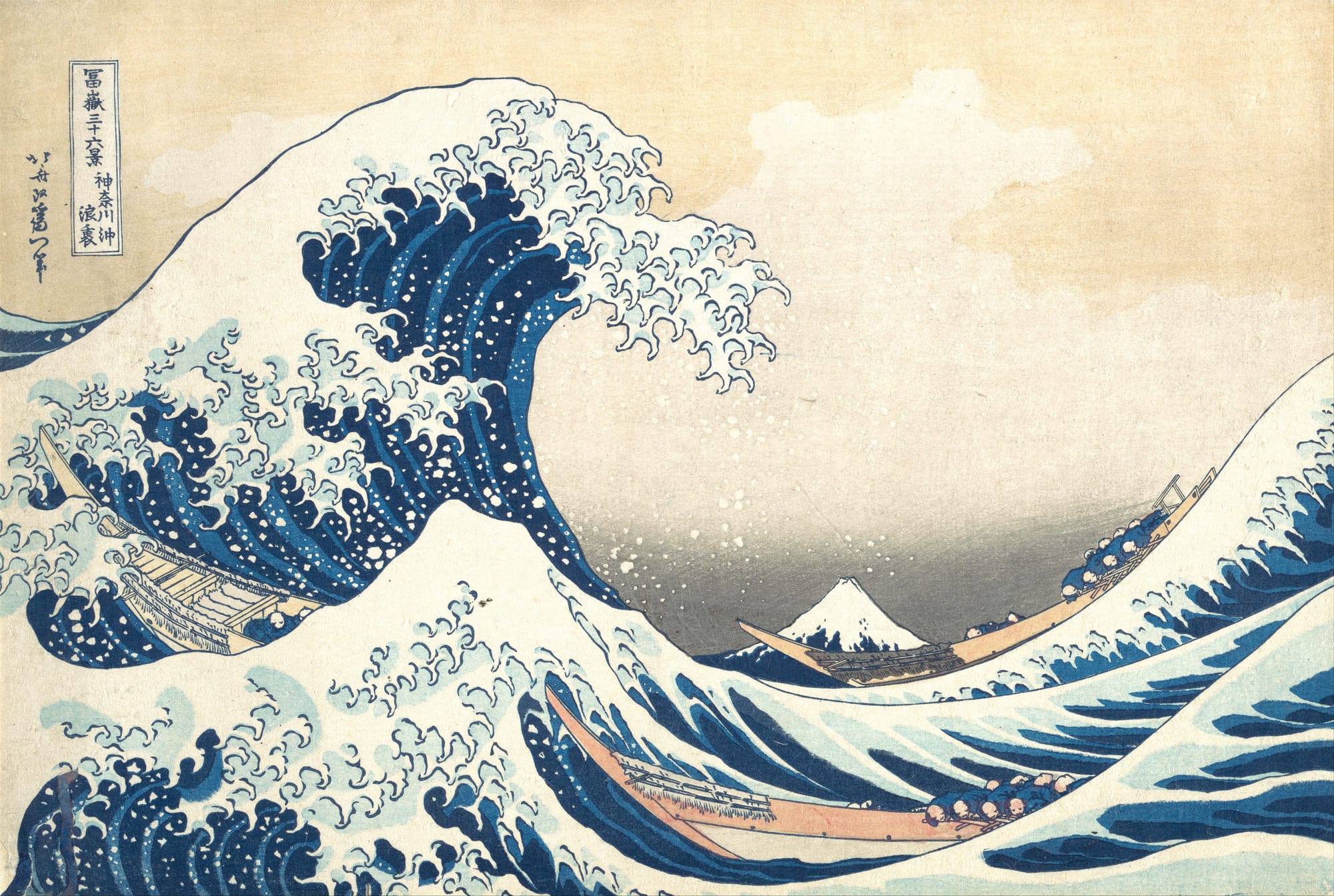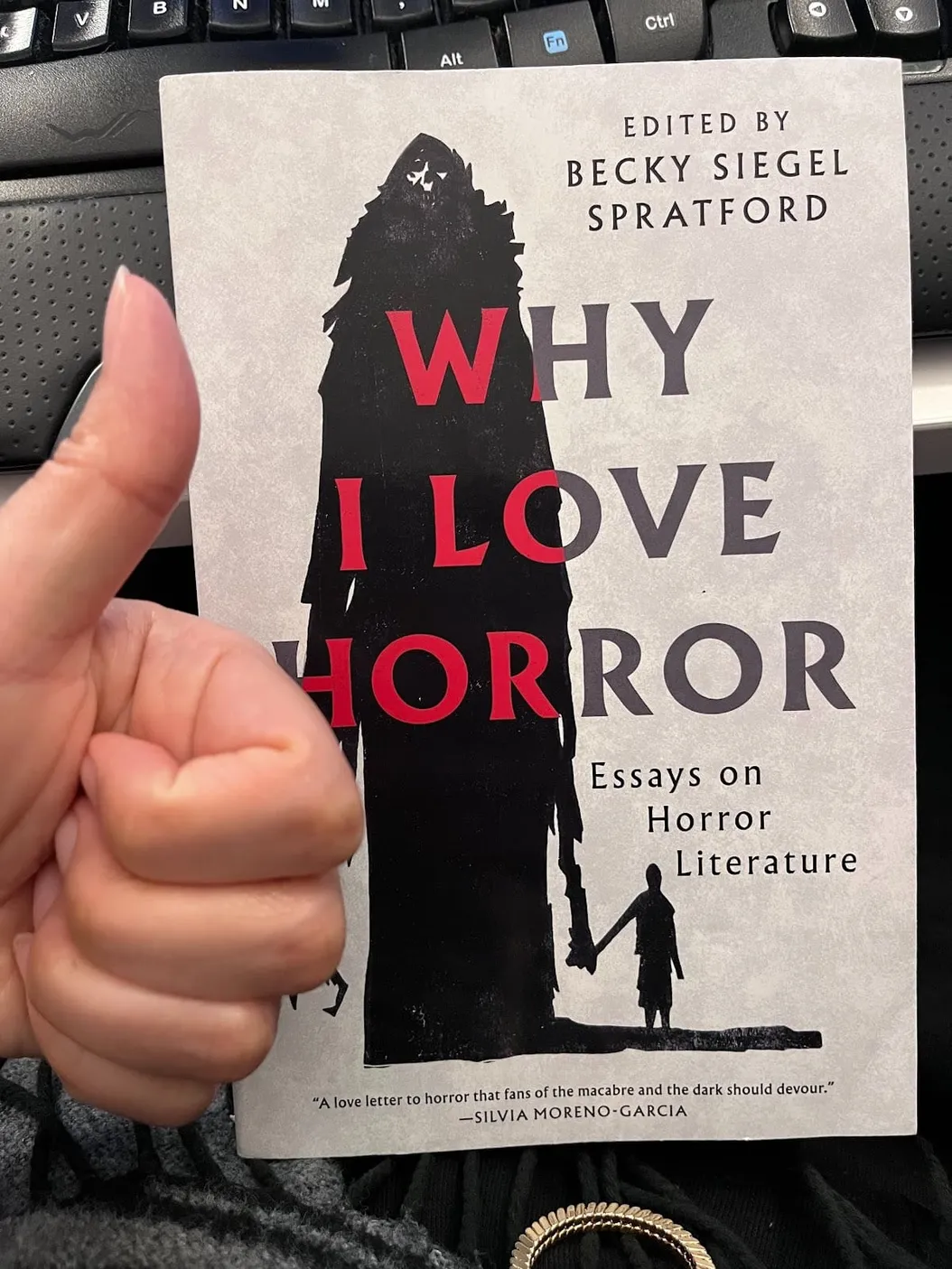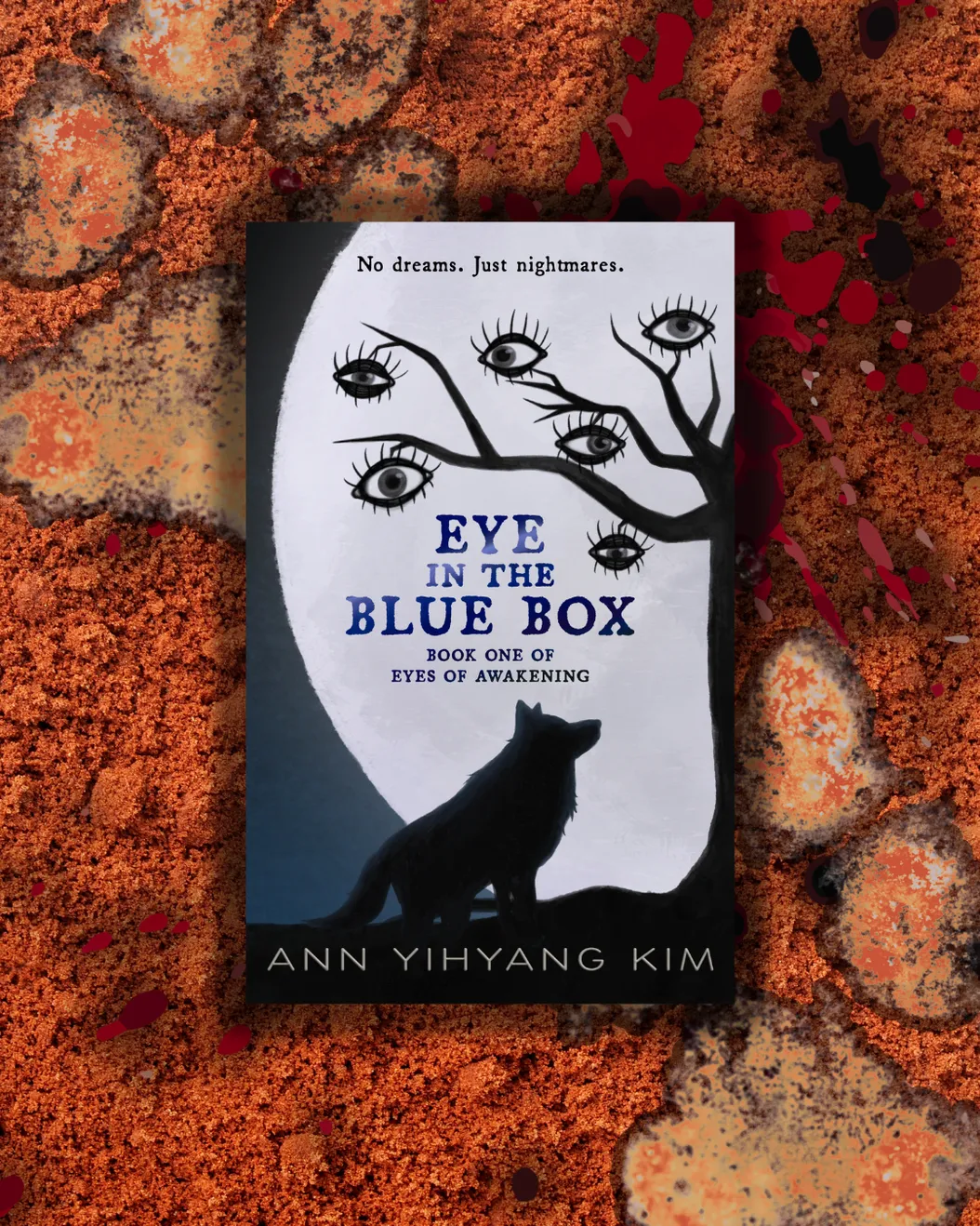
Back in 2023, I attended a book talk for Gabrielle Zevin’s novel, Tomorrow and Tomorrow and Tomorrow. I remember her being irritated by the fact that newbie authors often try to give advice on how to write books. From the way she described it, it was almost like a toddler proudly explaining to an adult artist how he drew an animal using mismatching circles, rectangles, and all the wrong colors. Newbie authors didn’t have much of a right to share advice on how to write when they had barely even written one book, and it was impossible to know enough about the craft after just one book.
I definitely see where she’s coming from and think she has a valid point. One book is only one step in what is, hopefully, a long and fruitful journey. It’s also important to stay humble and realize the extent of what you actually know and can speak on. However, I don’t think it’s wrong of the toddler to be proud of what he has accomplished in drawing his rather oversized green rabbit nor do I think that the toddler failed to learn anything from drawing said rabbit. Will the toddler know as much as an advanced, adult artist? Definitely not. But does that mean the toddler can’t show off the rabbit or talk about it? No. We all have to start somewhere.
This is all to say that I, in my own way, am about to parade around my oversized, green rabbit. Let me be clear. I am a newbie author. I’ve technically written two books, but both books were originally written as one giant book. So, at most, I’ve written two books and a few short stories. I hope that whatever advice I give on writing from now on will be taken with a grain of salt due to my lack of experience. I’d also like to add that I’m grateful that you’re indulging me.
At the same time, I’ve been asked by more than one person on what advice I can give to anyone who wants to write a book. I conceived the idea of my book-slash-now-two-books all the way back in 2014, started the actual work around 2016, and the first book, Eye in the Blue Box: Book One of Eyes of Awakening, is now set to release, at last, this summer. I started writing while knowing very little about what the journey would entail, and nearly ten years later, I’d like to think I’ve picked up a thing or two about this whole book writing thing.
As far as the actual process goes, there are, indeed, far more experienced writers than myself who can give you excellent (and better) advice. The book that proved pivotal to my book writing was definitely Stephen King’s On Writing: A Memoir on Craft. Ray Bradbury’s Zen in the Art of Writing, Where the Past Begins: A Writer’s Memoir by Amy Tan, and Bird by Bird by Anne Lamott were also very helpful, though if I had to choose one and only one resource, I’d choose Stephen King’s book for its practicality.
More important, though, is to read well and read wide. Yes, you should be reading classic works, from Shakespeare to Melville. Yes, you should also be reading within your genre, especially the books of your genre that are currently doing well on the market. As King advises, The Elements of Style by Strunk and White is important to consult as grammar and spelling must be mastered first. Dictionaries, such as the Oxford English dictionary, and thesauri should also be regularly visited. I’d also strongly recommend taking a creative writing course so that you understand the basic structure of story telling, practice receiving feedback (yes, it’s a skill), and learn the general expectations that should be met when entering the world of writing. Community college night classes can be an excellent and affordable resource.
More than anything, though, I’d tell you that if you want to write a book that you hope will eventually see the light of day and be read by others, you’ll need to buckle down and get ready. Because writing a book is hard, hard work. It’s a test of endurance and the most intense (and longest) therapy session you’ll ever have. It’s a joyful discovery of oneself. It’s an excruciating purge of inner demons. It is anything but a casual scribbling of a sentence or two here and there and then voila, you have a great book people will read from start to finish. If you want writing to be easy and casual, you’ll need to stick to your private diary. Sorry.
In fact, your best work will likely result from your most painful hours of writing. Amy Tan, in Where the Past Begins, writes, "Many painful or poignant memories returned when I started writing fiction. It takes effort to shed self-consciousness, more so than it does to avoid unpleasant thoughts ... But once the fiction-writing mind is freed, there are no censors, no prohibitions ... It is not bound to logic or facts ... it seeks a story, a narrative that reveals what happened and why it happened. That is the divining rod."
I definitely agree with her. For both of my books, there was at least one chapter during which I’d suddenly feel my train of thought fly off the tracks while writing, but instead of crashing and rolling down a hill, the train continued to fly high into the sky, ablaze and glorious, doing all sorts of things I never could have imagined, and all of it was a hundred times better than anything I had originally planned for the chapter or even the whole book. It was a state of pure flow during which I produced my best writing, and indeed, those chapters have often proven to be beta readers’ and even professional critics’ favorites so far.
But I barely ate or slept for days while writing those chapters. I was completely manic with the visions that were racing non-stop through my mind, out of my fingertips, into the keyboard, and onto the screen, and I couldn’t stop. Then suddenly, I would stop, and when I did, I’d discover that I had written a nearly perfect chapter that barely needed editing. More painful than the lack of food and sleep, though, was the sudden excavation of dormant memories, the painful processing of those memories, and the forceful confrontation of my past, present, and future that were involved. All of it was excruciating, disturbing, maddening, and freeing all at once.
Such is the power of the “divining rod” that is writing. Writing a book, telling a story, even a fictional one, both allows and forces you "to shed self-consciousness" as thoroughly and completely as possible, allowing truth to pour forth uninhibited from the dark depths of your heart. But the process of breaking down those dams that kept back the painful truths feels like being skinned alive and hung up to bleed. And the more you bleed, the more your awareness of everything that you are sharpens. And no matter how exhausted you are from bleeding, you never die. But, gasping and bleeding, you eventually emerge newer, better, and stronger somehow.
All of the above, though, doesn’t even begin to encapsulate all the hours you need to carve out of your day, day after day, for years at a time to complete just the first draft of your book. Then, of course, you’ll need to keep chugging along for the editing process, which could also take years. You’ll need to find beta readers, listen to feedback, some of which will be unnecessarily harsh, arrogant, and rude, then edit everything again. Whether you decide to go the traditional publishing route or the self publishing route, you’ll need to research and learn the ins and outs of the publishing industry. There will be many, many trips to both Barnes & Noble as well as indie bookstores. You’ll need to fork up a good deal of money. From purchasing books to read and research to attending book events of authors you look up to to marketing expenses, everything will be coming out of your own wallet with no assurance that your book will ever make a penny of it back.
In short, if you’re doing everything right, writing a book will test your heart and mind, demand as much attention as a part-time or even a full-time job, and make you spend your hard-earned dollars on a regular basis with no guarantee of a return.
So, at this point, you might be asking yourself why any person in their right mind would voluntarily go through all that. That’s a good question, and one that you must, must, must ask yourself if you’re serious about writing a book. You must ask yourself: why do I want to write?
For me, the answer to that question has morphed over the years. In fact, finding the answer that I feel is the right answer, the answer I can live with, the answer I can tell myself without shame and with confidence as I look in the mirror, has been a journey in and of itself.
At times, I wrote because I wanted fame and fortune. I also wrote for validation, some kind of external proof that I’m not a waste of space and that I haven’t suffered so many things in my personal life for no reason. I wanted to believe I was put on this earth for something more than a normal, quiet life. I wanted proof that I was bigger than all of my life’s trials.
But as I’ve said, writing involves the art of confronting yourself, and the longer I wrote and the older I got, the more I had to admit that fame, fortune, and external validation just weren’t good reasons. For years, I constantly argued with myself, trying to help myself accept that such reasons were actually the result of unhealthy desperation, of unresolved pain, of personal issues and memories I simply had to accept or forgive or let go. I’m happy to say that over time, God put certain people and experiences in my life, including, of course, writing my books, that helped me to accept that a normal life without fame, fortune, and heaps of validation is still a significant and worthy life. In fact, a normal, quiet life is a very good and blessed life. Which brings me to the ultimate answer I discovered as to why I write.
I write because it makes me happy. And that’s a perfectly valid reason.
It makes me happy to write because, in many ways, I can’t sit still if I don’t write. As funny and as stupid as it may sound, writing out a story that’s been brewing in your heart releases a cathartic feeling that’s akin to resolving constipation. Everything feels flushed out and clean and freer and lighter once you manage to write out the thing in its entirety. There’s a lot of happiness involved in writing it all out, even if there is a lot of waiting and straining and multiple failed attempts.
Writing also makes me happy because it’s a medium I can use to communicate difficult concepts, my more mind-bending experiences, as well as controversial opinions and in so doing, spread the word of various lessons and truths that I feel everyone should know. I’d like to think I’m kind of good at this writing thing (or, at least, I have my moments), and I want to use the strengths God has given me to add to this world in some kind of way, to help others, teach them, comfort and console them. It doesn’t hurt that writing a story helps me to do all of the above in a way that is fun and entertaining for both myself and others.
I write because I want to help others. I write because I want all of us to have a lot of fun while learning difficult and even scary things. I can’t help but write. After all this time, I’d find it quite challenging to step away from the craft completely. There are so many other things I want to do with my spare time, don’t get me wrong. But I just have to get this story out of me before I can do anything else in peace.
I write because I like to write. And to be able to admit that, to allow myself to do something simply because I want to, is power and growth.
So, for all of you who want to write a book, why do you want to write? And are you ready to embark on an adventure to find the answer?

